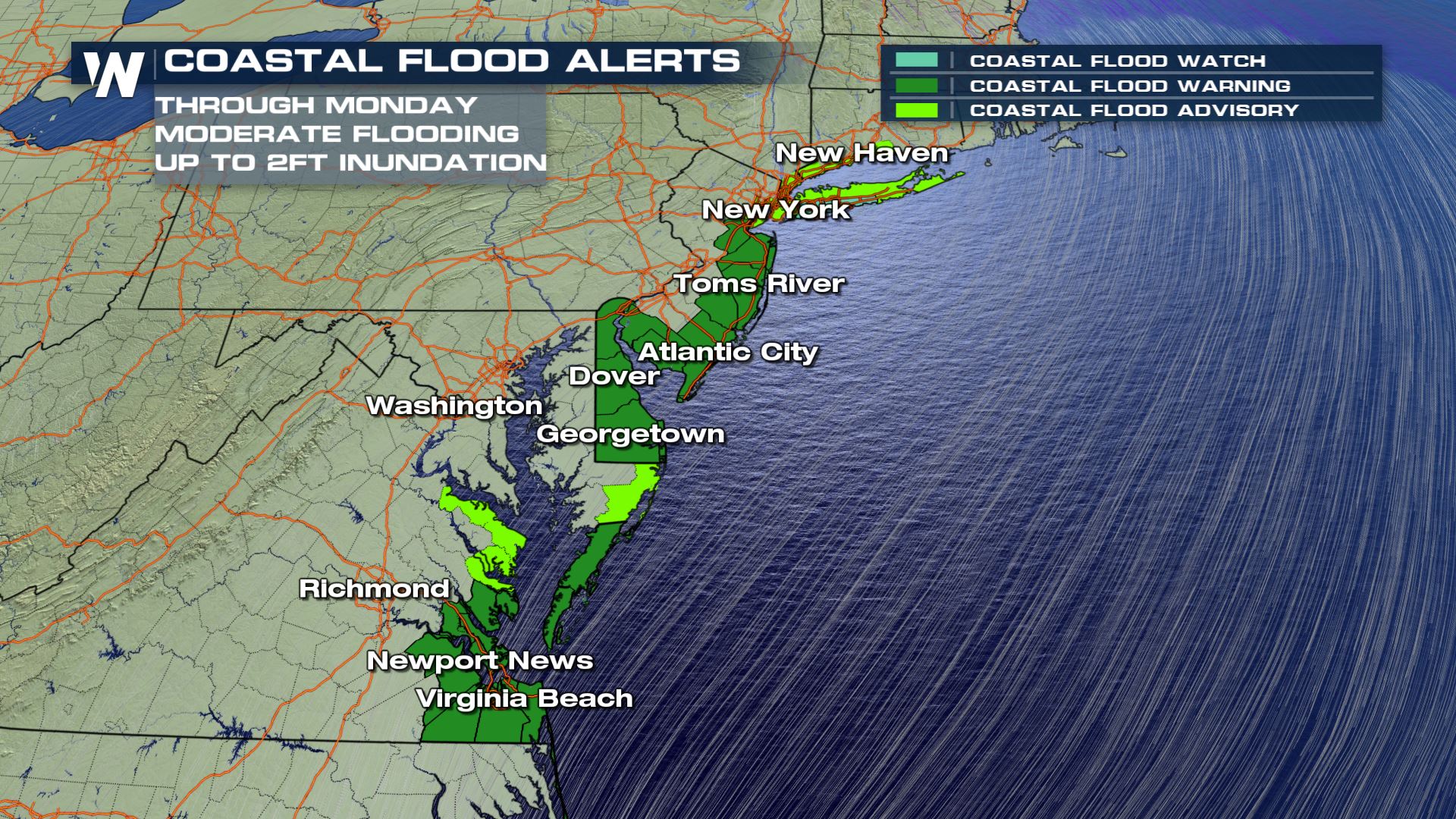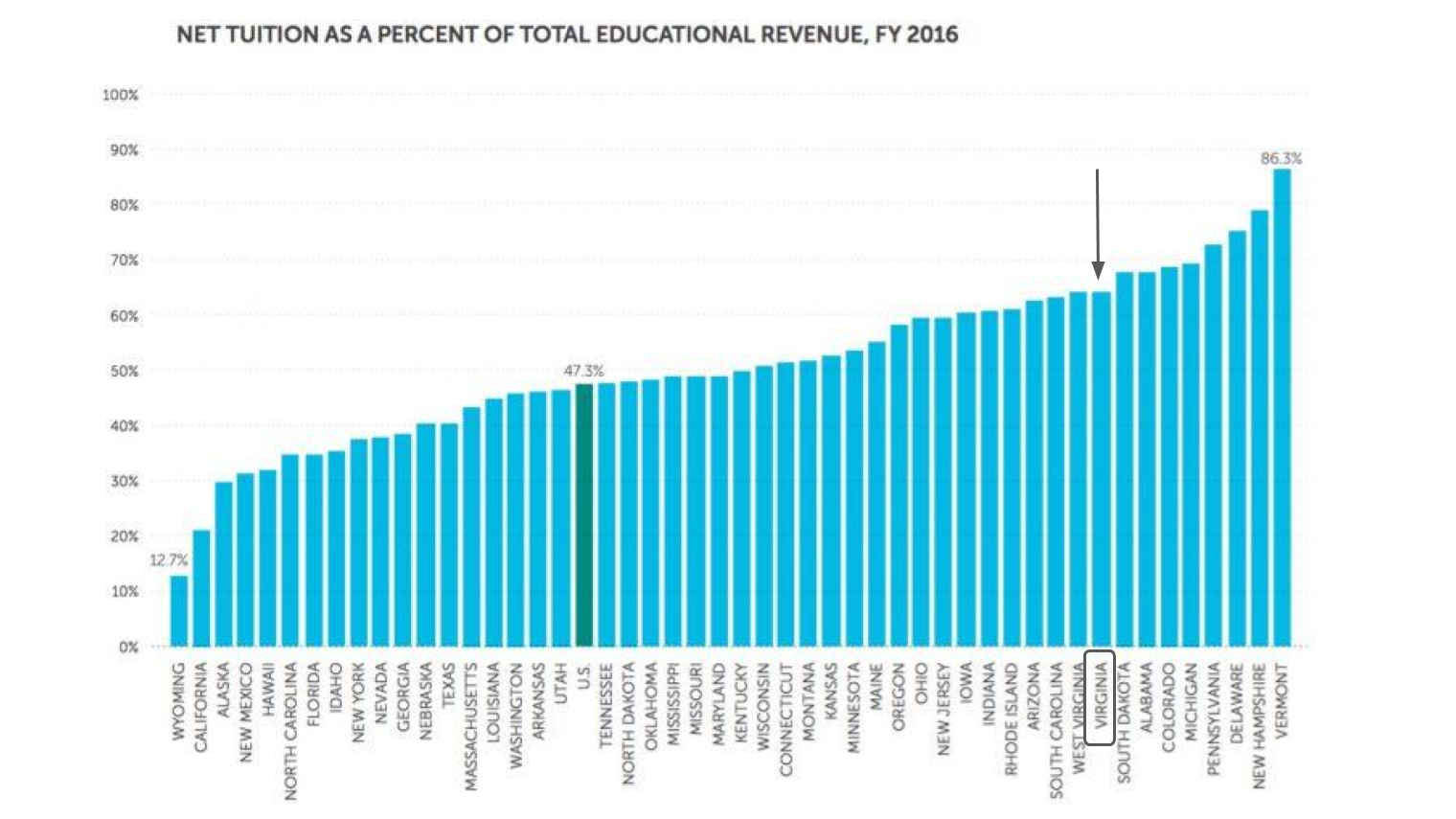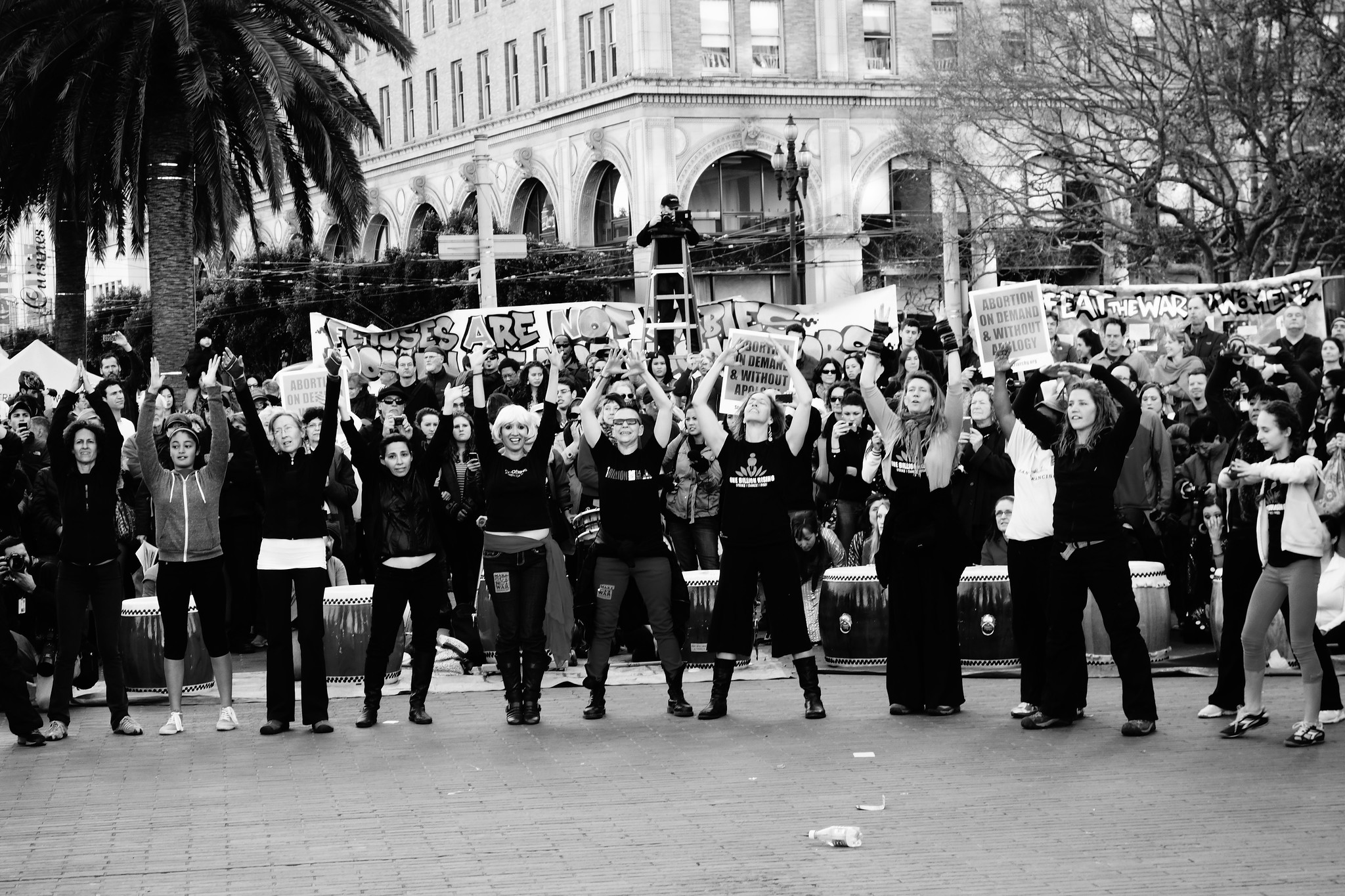For decades, the issue of Immigration has been a matter of great concern and controversy within the United States political environment. This discussion has been surrounded with concerns over economic, social, and humanitarian factors which have functioned to sustain the debate surrounding Immigration reform and policy. Policymakers have been unable to draft and reach a consensus on universal Immigration reform.
As a result, Immigration continues to be a hotly contested topic not only at the national level but also at the state level.
OnAir Post: Virginia and Immigration






